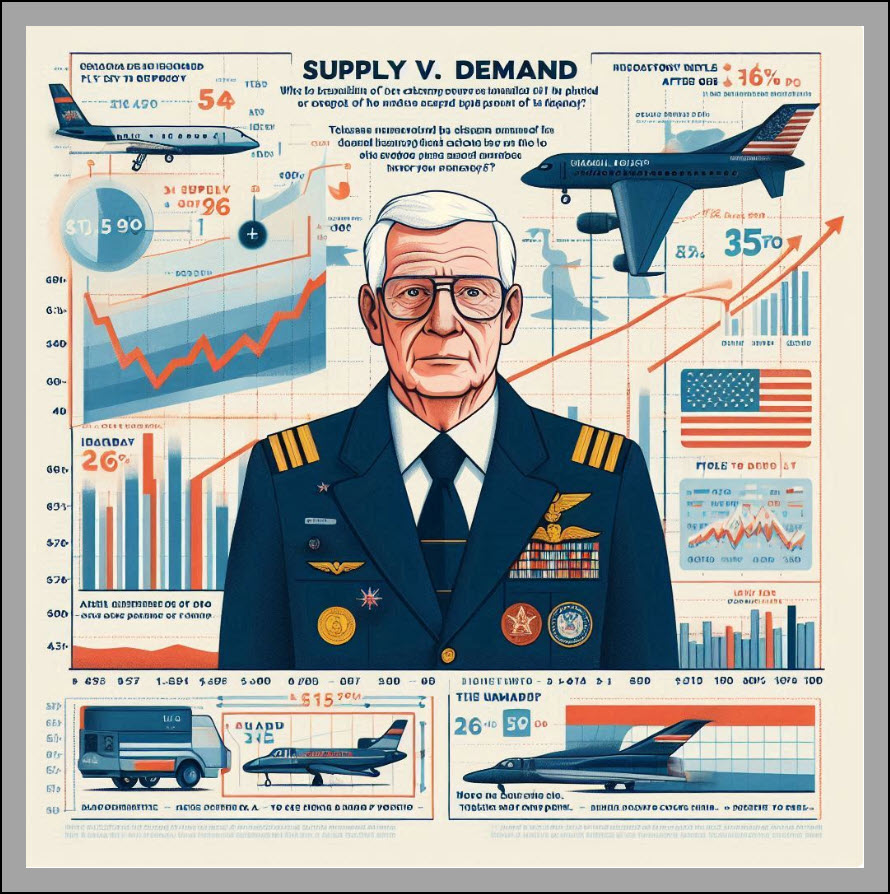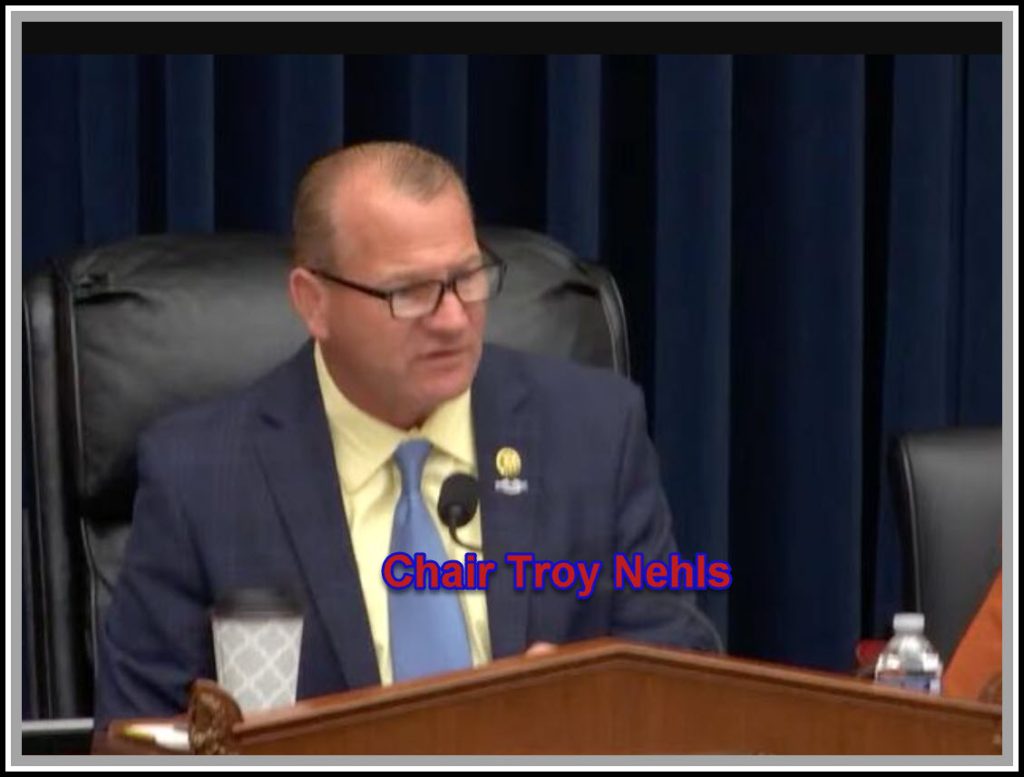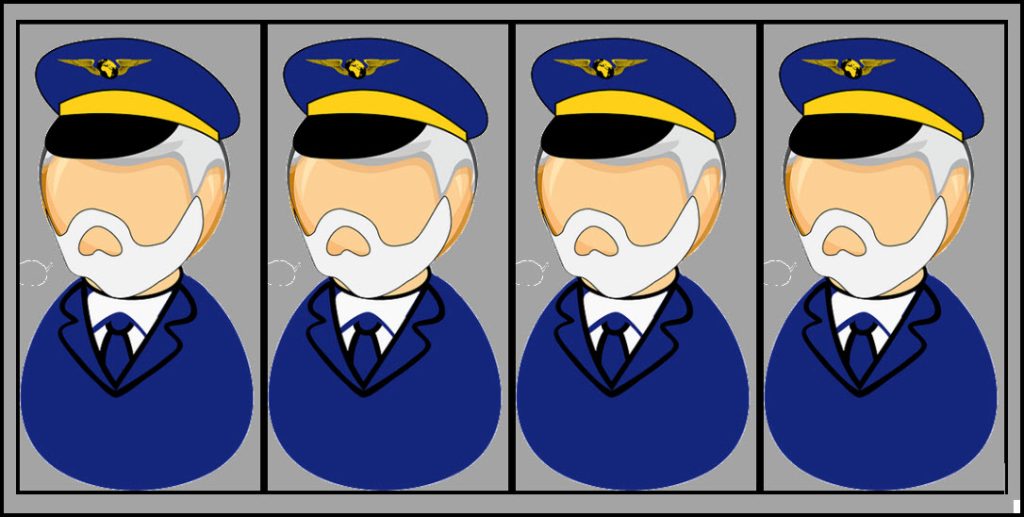Sen. Cruz’s position on ATP Age 67 is RIGHT

The US Secretary of Transportation and the FAA Administrator[1] will be attending the 42nd Assembly of the International Civil Aviation Organization today. One of agenda items is a proposal to raise the mandatory retirement age for airline transport pilots. The sponsor of it is the International Air Transportation Association which represents most of the globe’s air carriers and has been supported by four preeminent aviation authorities-BUT NOT YET BY THE US/FAA. The SENIOR SENATOR from Texas has written to his President urging him to have the US delegation support the IATA paper.
The union has fought prior alteration of this limitation- 1959 when the FAA set 55 as the rule and recently in 2007 when Congress enacted the Fair Treatment for Experienced Pilots Act which moved it up to 67. For 66 years ALPA has repeated the same argument that these increases in eligibility will diminish aviation safety. An interesting position, but one which the record does not support– since raising the age to 65, no increase in fatal accidents attributable to pilot age has been documented in Part 121 operations[2].
WHY is it not surprising that allowing older ATPs has resulted in the ALPA’s claim of degradation of safety:
- Safety outcomes depend more on medical certification, recurrent training, and operational oversight than age alone.
- This proposed increase (e.g., to 67) would likely require updated medical screening protocols and international coordination.
If one can dissect the rhetoric to find the real bone of contention, here some possible reasons for ALPA’s consistent attack on anything that may increase the supply of ATPs in the short term:
- Immediate Increase in highly Qualified ATPs
Extending careers by two years would allow thousands of experienced pilots to remain in service, easing the pressure from the current wave of retirements. This is especially helpful while training pipelines catch up. - Airlines could save $100,000–$200,000 per pilot by retaining experienced captains rather than recruiting and training new ones
- Mentorship and Training Stability-Senior captains staying longer could help mentor younger first officers, improving cockpit experience and potentially reducing attrition among new hires.
- Regional Airline Relief-Smaller carriers, which are disproportionately affected by pilot shortages, could benefit from retaining seasoned pilots who might otherwise retire.
- Short-Term Wage Stabilization (Especially at Major Airlines) Retaining senior pilots could ease immediate staffing shortages.
- Fewer Upgrades = Slower Wage Progression for Juniors
- YET –Most pilot pay is governed by seniority-based union contracts. Retaining older pilots means higher average wages, since senior pilots earn more. This could increase overall labor costs for airlines, even if entry-level wages stabilize.
These points have gained some traction on the Hill and Let Experienced Pilots Fly Act was introduced in the House by the Chair of T&I’s Aviation Committee Rep. Troy Nehls (R-TX). He cited this salient fact in this debate—
According to the U.S. Bureau of Labor Statistics, about 18,200 openings for airline and commercial pilots are projected each year, on average, over the decade. The Let Experienced Pilots Fly Act will address the glaring pilot shortage that the United States is facing, ensuring that travelers don’t face flight cancellations due to the lack of pilots.
“Addressing the pilot shortage is one of my top priorities in Congress,” said Congressman Nehls. “With air travel continuing to hit record highs, we must prioritize the safety and effectiveness of airline travel, and that begins by putting experienced pilots in the cockpits of commercial planes in the United States. THE CURRENT MANDATED RETIREMENT AGE FOR COMMERCIAL PILOTS IS INHERENTLY ARBITRARY. “
Ted Cruz urges Trump to back older retirement age for pilots, worker groups oppose
September 22, 2025
WASHINGTON/MONTREAL, Sept 21 (Reuters) – The Republican chair of the Senate Commerce Committee urged President Donald Trump to support international efforts by an airline trade group to raise the mandatory PILOT RETIREMENT AGE TO 67, a move opposed by the Air Line Pilots Association, which says it could increase travel risks.
SENATOR TED CRUZ, in a letter first reported by Reuters Sunday, asked Trump to support efforts at this week’s opening of a United Nations aviation meeting in Montreal.
“America should lead on the international stage in support of raising, or even abolishing, the pilot retirement age,” said Cruz, who leads the Senate panel overseeing aviation issues. He added current policy is “forcing thousands of highly qualified and experienced pilots into early retirement every year.”
In 2024, Congress rejected a push to raise the mandatory airline pilot retirement age to 67 from 65. Lawmakers rejected the bid to hike the retirement age after some cited a statement from the Federal Aviation Administration, which had called for a scientific and safety analysis before making the decision.
International rules prohibit airline pilots older than 65 from flying international flights, and many countries, including the United States, apply the same rule domestically as well.
The White House did not immediately comment.
The International Civil Aviation Organization will consider an airline trade group’s proposal to raise pilots’ retirement age globally to 67 when delegates gather for its triennial assembly starting on Tuesday.
U.S. Transportation Secretary Sean Duffy and Federal Aviation Administration chief Bryan Bedford are among the U.S. officials attending this week.
The International Air Transport Association (IATA), which represents about 350 airlines, has said raising the limit by two years can be done without any impact to aviation safety.
The IATA proposal has won SUPPORT FROM CANADA, AUSTRALIA, BRAZIL, JAPAN, NEW ZEALAND, AND THE UNITED KINGDOM but the United States has not yet taken a position. In July, Senate Majority Leader John Thune, Republican Senator Marsha Blackburn and Democratic Senator Mark Kelly also called for hiking the retirement age to 67.
IATA director general WILLIE WALSH, a former CEO of British Airways, NOTED PILOT RETIREMENT AGE HAS EVOLVED OVER TIME AND WAS ONCE 55 BEFORE BEING RAISED TO 60 AND LATER 65.
Jason Ambrosi, president of the Air Line Pilots Association, said the group opposes changes to pilot retirement age and has cited studies that have found greater health risks and a decline in cognitive skills with an increase in age.
“The United States is the global leader in aviation safety, and we should resist any attempts to arbitrarily make changes to the regulatory framework that has helped us achieve this record. That’s why Congress rejected making a change to the pilot retirement age just last year,” the group said in a statement.
Montreal-based ICAO sets standards on everything from runway markings to crash investigations, which its 193 member states typically translate into regulatory requirements.
[1] The Administrator has expressed support for the age 67 modification. The former airline pilot who has been nominated to be the US Ambassador to ICAO has not yet been confirmed apparently because of his support of this change has caused ALPA to block his candidacy’s consideration .
[2] This data shows correlation but not causation. A statistical differentiation which has not bothered ALPA in its assertion that that since the 2010 Airline Safety and FAA Extension Act—which introduced the 1,500-hour rule—U.S. airline fatalities dropped by 99.8%




